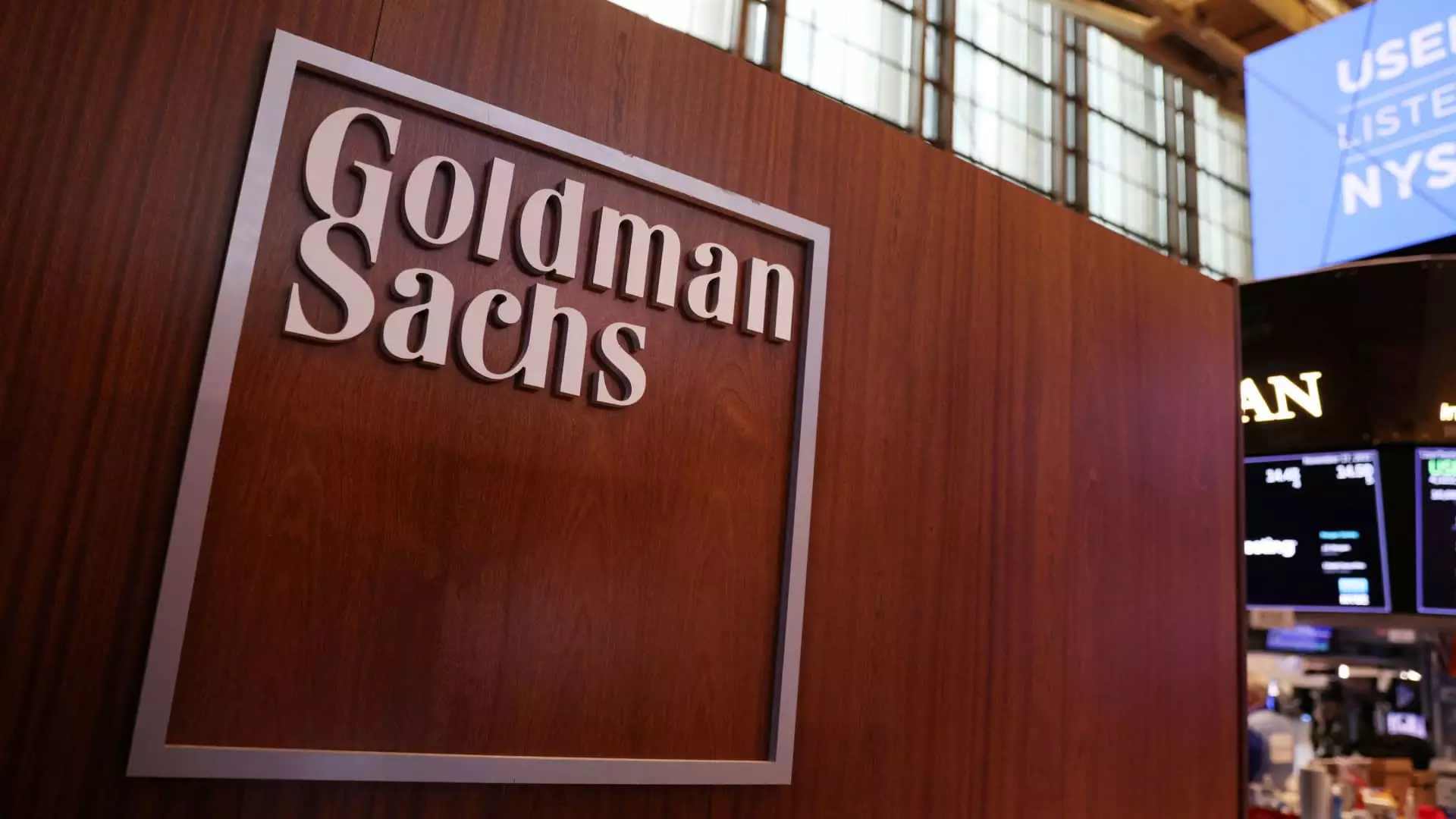The advent of autonomous AI systems such as Devin at Goldman Sachs signifies a turning point in how industries operate, especially in high-stakes fields like finance. For centuries, human ingenuity and labor shaped the backbone of economic progress, but now we stand on the precipice of an era where machines are not just assistive tools—they’re becoming the primary engine of productivity. This shift promises unprecedented efficiency, yet it also brings with it profound ethical and societal questions that challenge longstanding notions of work, purpose, and economic stability.
The decision to replace, or rather augment, a segment of Goldman Sachs’s workforce with Devin is more than just technological ambition; it is a reflection of capitalism’s relentless pursuit of optimized output at the expense of human employment. While proponents celebrate the technological marvel of AI handling complex coding and project management tasks with minimal oversight, critical observers must consider who bears the true cost of this mechanized transformation. Are we fostering a future where human workers become obsolete—or do we see this as a necessary evolution towards a more innovative, efficient economy?
Disruption as a Double-Edged Sword
Autonomous AI engineers like Devin are emblematic of a broader trend—technology’s capability to redefine labor markets and societal structures. The optimism surrounding AI’s potential for boosting productivity by several folds is tempered by the recognition that millions of workers may find themselves displaced. The financial industry, historically marked by significant innovation, now grapples with its own Faustian bargain: sacrificing employment stability for efficiency gains.
This transition is not without its risks. The widespread adoption of agentic AI, particularly when it begins to handle tasks traditionally performed by skilled professionals, could deepen existing economic inequalities. It’s easy to celebrate the prospect of faster code development, streamlined operations, and reduced costs, but these benefits often come at the expense of the human workforce. As banks and corporations continue to embed AI into core functions, the social fabric becomes fragilized, raising urgent questions about how societies will support displaced workers and manage a growing wealth gap.
Furthermore, the notion of a “hybrid workforce”—human and AI coexisting—is fundamentally optimistic but perhaps overly simplistic. It presupposes a future where humans remain relevant emitters of value, yet history suggests that such technological revolutions tend to favor those with capital and power, leaving ordinary workers behind. Is this evolution a step towards a meritocratic future where human creativity and empathy are complemented by AI efficiency, or is it a subtle form of economic surrender?
The Ethical Dilemmas of Automated Intelligence
Employing AI systems like Devin raises moral questions that are often overlooked in corporate boardrooms. Should we blindly accept machines that can execute multi-layered tasks without understanding the ethical implications of their decisions? While AI can enhance productivity, it can also perpetuate biases and errors embedded within its algorithms, especially when the AI operates at a scale that makes oversight more challenging.
Additionally, there is an inherent tension between technological advancement and human dignity. The narrative of AI as a “partner” in the workforce risks dehumanizing workers who have long valued meaningful contributions, recognition, and job security. As automation progresses, it becomes crucial for society to evaluate whether embracing such rapid technology-driven changes aligns with our collective values of fairness and human rights.
The challenge lies in striking a balance: leveraging AI’s impressive capabilities to improve economic outcomes without eroding the social safety nets and job protections that have historically underpinned democratic societies. The risk of unchecked automation leading to mass unemployment requires proactive, center-left policies that prioritize retraining, fair transitions, and the redistribution of gains brought by AI.
Shaping a Responsible Future with AI
The push for integration of AI in finance and other sectors should be guided by principles that emphasize responsible innovation. It’s not enough to chase efficiency and profit; companies and policymakers must consider the societal impacts of automating entire job categories. Investing in human-centered approaches—such as fostering new kinds of employment, emphasizing creative and interpersonal skills, and ensuring economic inclusivity—is essential.
Moreover, societal institutions must actively shape the pace and scope of AI deployment. Autonomous AI programs like Devin are powerful tools, but their integration should be coupled with strong regulatory frameworks and ethical standards. Given the immense influence of Wall Street and major tech companies, there is an urgent need for democratic oversight to prevent unchecked corporate dominance that could erode worker rights and widen social inequalities.
As we navigate this complex transition, it is imperative that the dialogue remains centered on human well-being and social justice. The promise of AI must be harnessed not solely for corporate gain but also for creating a more equitable society where technological progress enhances human dignity rather than diminishes it. The choices made today will define whether we step into a future of shared prosperity or one of unprecedented disparity.

